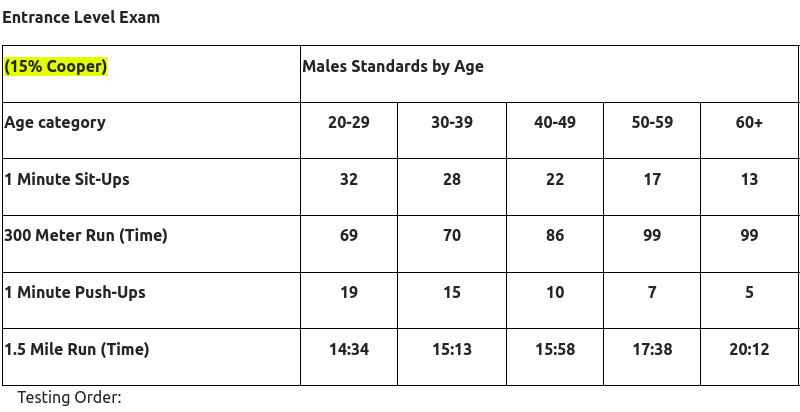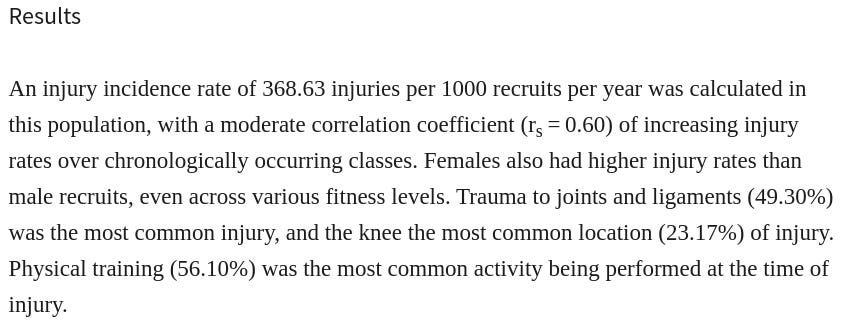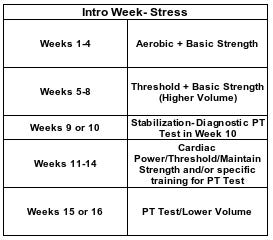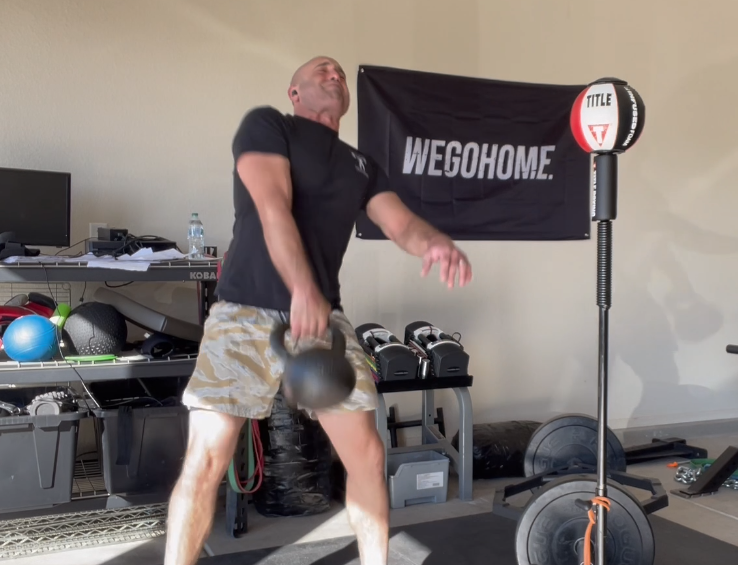Instead of lowering standards, lets provide the tools to let people rise to them.
Key Takeaway
Several Police Departments throughout the country have chosen to lower physical standards for potential candidates and/or for academy graduation. Some of this appears to be in response to a smaller applicant pool. Others could argue as a society fitness and health has decreased, and in response departments have lowered standards just to get new hires. For example, below is the current hiring standard of a large police agency that I will not name:
An adult male is only being asked to perform 19 push-ups in one minute in the youngest, in theory the most fit, age bracket. I am not going to say that is concerning. I’ll say it’s terrifying.
Another issue departments are facing are new hire injuries. Below is an interesting study that attempted to catalog common injuries befallen to new police recruits during Academy:
Most common injuries? Joints/Ligaments and knees. Without being there, I am going to make a guess this was the result higher mileage “long” distance running. I would also make an educated guess there wasn’t much of a progression, and as a result we probably did “too much, too soon” and these hopefuls got some kind of overuse injury.
To combat this, Police Departments in some cities have even started doing a “pre-academy” train up; where candidates primarily focus on fitness training prior to even starting the academy. Putting aside the fact that nobody wants anyone hurt; having a new hire subsequently leave the course due to what was probably an avoidable injury is both a waste of time and resources for the new hire and the city.
Although this article could turn into a diatribe on various topics, this is the reality for physical fitness training in the first responder world. Blame whatever you want- departments are struggling to find quality applicants.
Making this worse is we either physically destroy people when they aren’t ready, or the workouts are non existent. Everybody says fitness is crucial yet many fail to even plan it out. Without a clear goal and long-term plan to go with it, why would you expect a positive result?
Standards
I would argue there is a better response than just lowering standards- as the job is obviously quite physical - and a lack of fitness can get you, your team member, or even worse a member of society you signed up to protect killed – instead maybe we just let people rise to a standard, and give them the tools to do so. If they fail to even get themselves to a baseline level of fitness they just shouldn’t be Police Officers.
This article will be a big picture breakdown of how we can train Academy classes on how to intelligently build fit officers over time. We’re going to talk big picture concepts in this article, as equipment limitations and time periods will vary by department.
Future articles will provide example sessions during each phase.
Program Breakdown
- Pre-Academy Training 2-4 Weeks- Aerobic Focus, Work Capacity, Movement
- Intro Week or Week 0- Stress- Not a lot of structure, just DO NOT HURT the Candidates. Self explanatory but needs to be said.
- Weeks 1-4
Movement, Aerobic, Basic Strength
Possibly in Week 3 a Diagnostic PT Test, or an event like it
- Weeks 5-8
Movement, Aerobic (Higher Intensities), Basic Strength (Little more load and volume)
- Weeks 10 or 11
Stabilize Adaptions/Gains- Diagnostic PT Test
- Weeks 11-14
Cardiac Power/VO2 Max, Lactic, Strength Maintenance
- Weeks 15-16
Final PT Test, Reduce Volume
Closing: The Training Camp Mindset
Stress should still be part of Academy training even after stress week. However, I would argue realistic scenario based training and stress shoots is where most of this needs to be. Not always in the form of endless flutter kicks and other physical training events where form breaks down and you just injure somebody. You can get people tired without hurting them...you have to BUILD future officers not just tear them down.
What I mean is, at least on the strength and conditioning side, we need to shift to more of a training camp mindset. A strength coach fails if he hurts one of his athletes in the weight room or on the track. In fact if it was particularly reckless the organization you are working for would probably fire you.
You are training athletes at the Academy, and there will be very few times in a Police Officers career you’ll have this much control over their lifestyle. You can use this time to teach them how to train, basic nutrition, mobility, and the difference between training vs. just getting tired. You could even teach them to enjoy strength and conditioning and not just always make it a punishment.
More importantly after the academy when they enter field training you’ll have a better product. One that is more fit, less likely to get injured, and is ready to actually get in the game.







